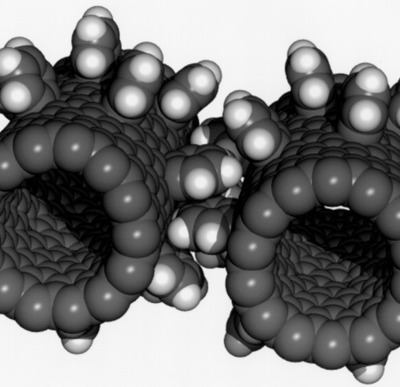New method for coating microscopic materials
Researchers at the University of Melbourne have developed a one-step method for coating microscopic materials, such as bacterial cells, with thin films that assemble themselves. The strategy was developed by Professor Frank Caruso and his team from the university’s Department of Chemical and Biomolecular Engineering.

“The development of facile and versatile strategies for thin-film and particle engineering is of immense scientific interest,” said the researchers. “However, few methods can conformally coat substrates of different composition, size, shape and structure.”
The team created their coating method using coordination complexes of natural polyphenols and Fe(III) ions, leading to a new-generation particle system with engineered properties. The capsules can be engineered to degrade under different conditions, providing opportunities for the timed release of the substances contained inside.
Professor Caruso said nanoengineered capsules are attracting attention as drug carriers, “as they have the potential to improve the delivery and effectiveness of drugs while reducing their side effects”. The strategy is thus expected to underpin advances in the delivery of therapeutics in the areas of cancer, vaccines, cardiovascular disease and neural health.
Other advantages of the films include “the ease, low cost and scalability of the assembly process, combined with pH responsiveness and negligible cytotoxicity”, according to the researchers, making them “potential candidates for biomedical and environmental applications”.
Professor Caruso added, “Our engineered particle system can be assembled rapidly from naturally occurring materials (minerals and nutrients) with specific physical and chemical properties, making it a versatile platform for various applications.”
Colon cancer DNA in blood can guide chemo decisions
A simple blood test could change how doctors decide which patients with colon cancer need...
Non-invasive blood test helps rule out oesophageal cancer
Designed and developed in Australia, the PromarkerEso test is designed to offer a quick,...
Taste-based flu test enables rapid diagnosis
The diagnostic tool consists of the sensor molecule thymol and a virus-specific sugar building...



